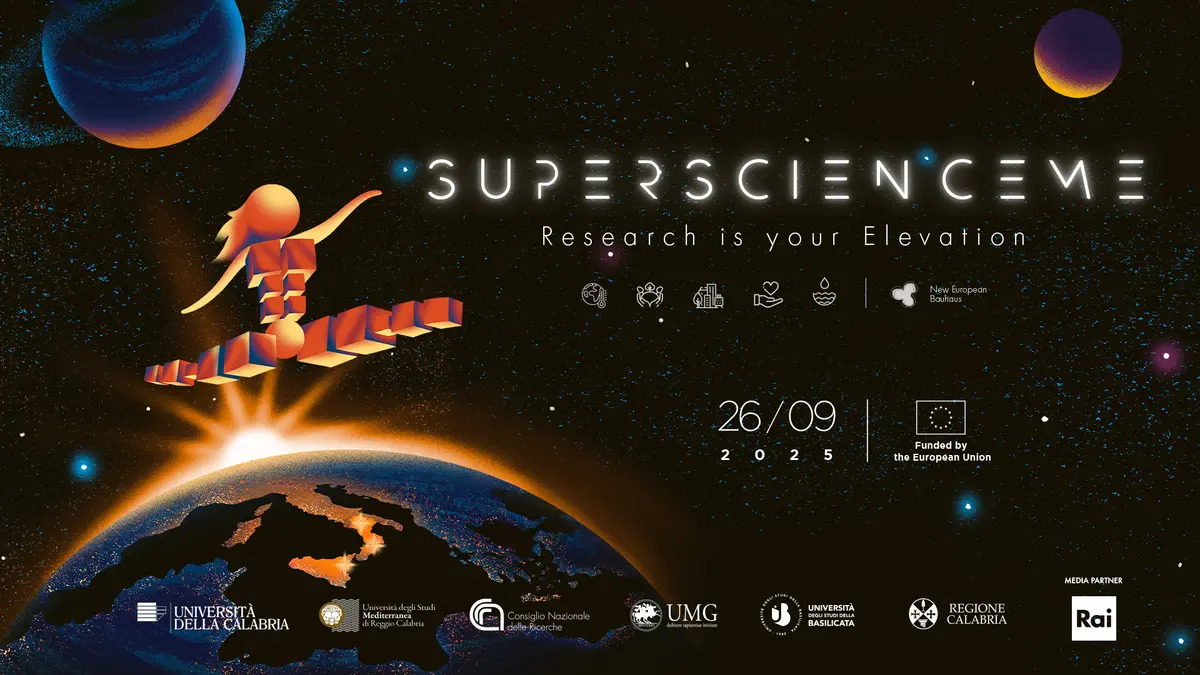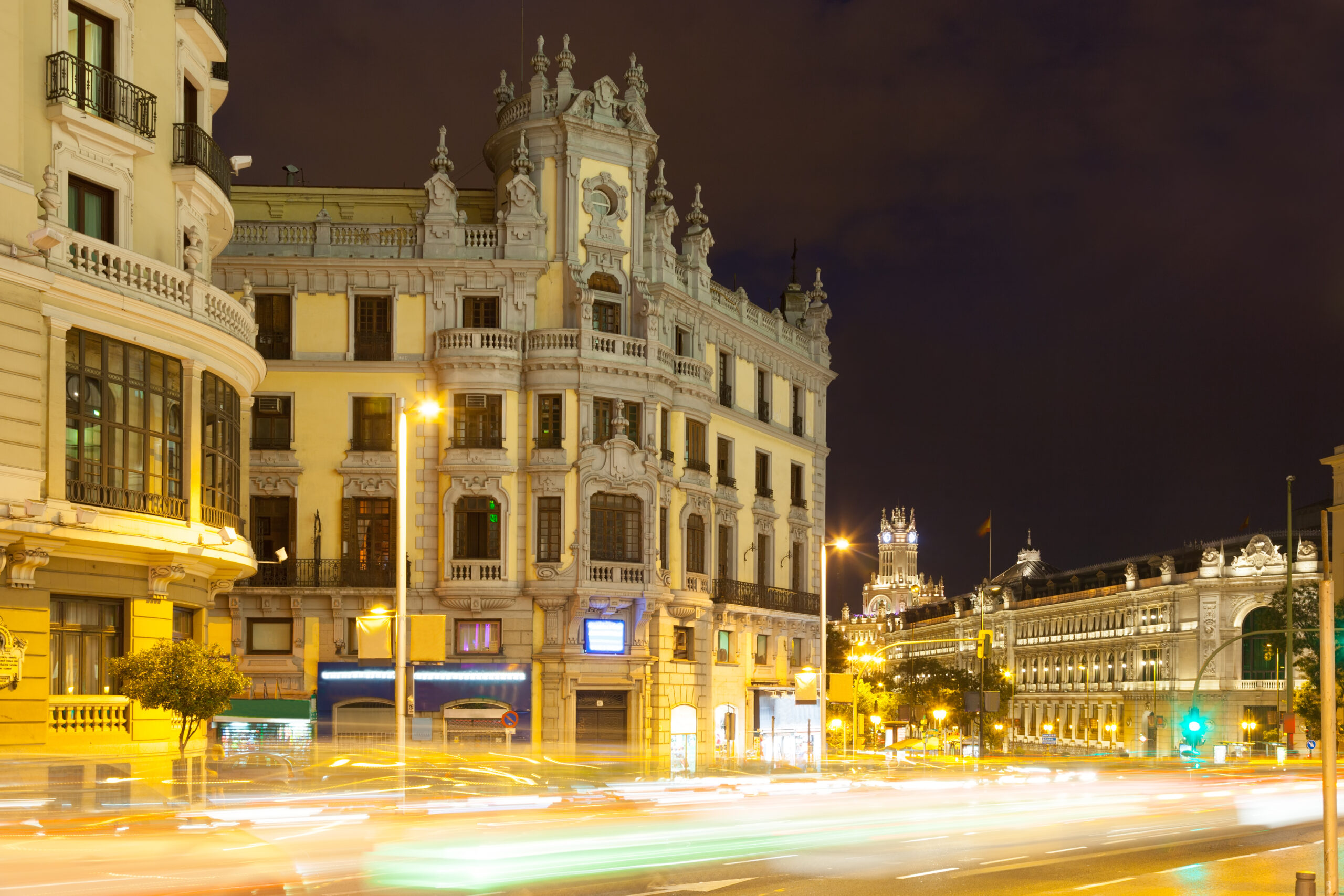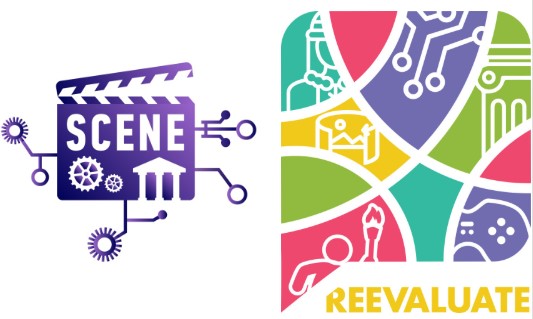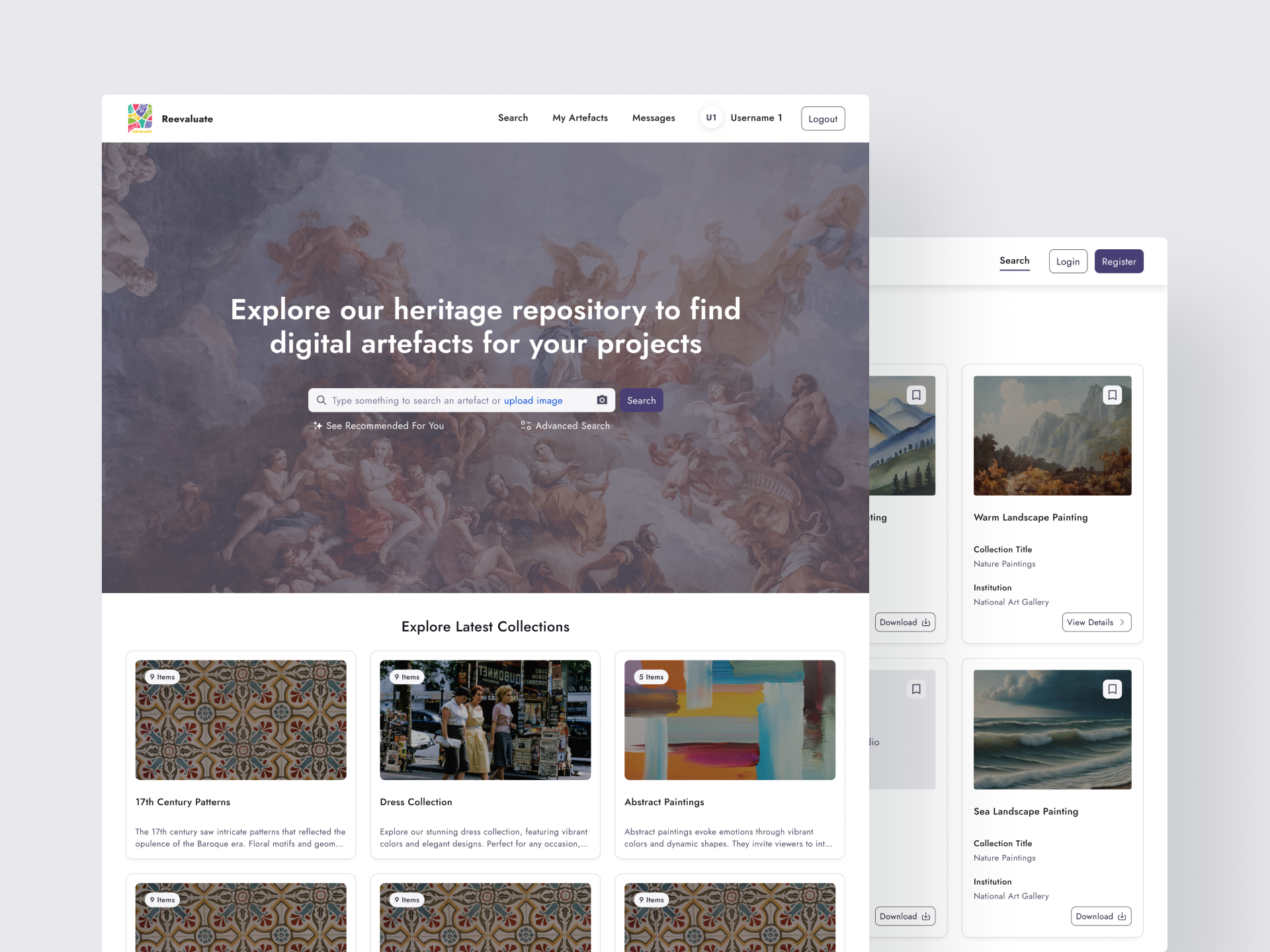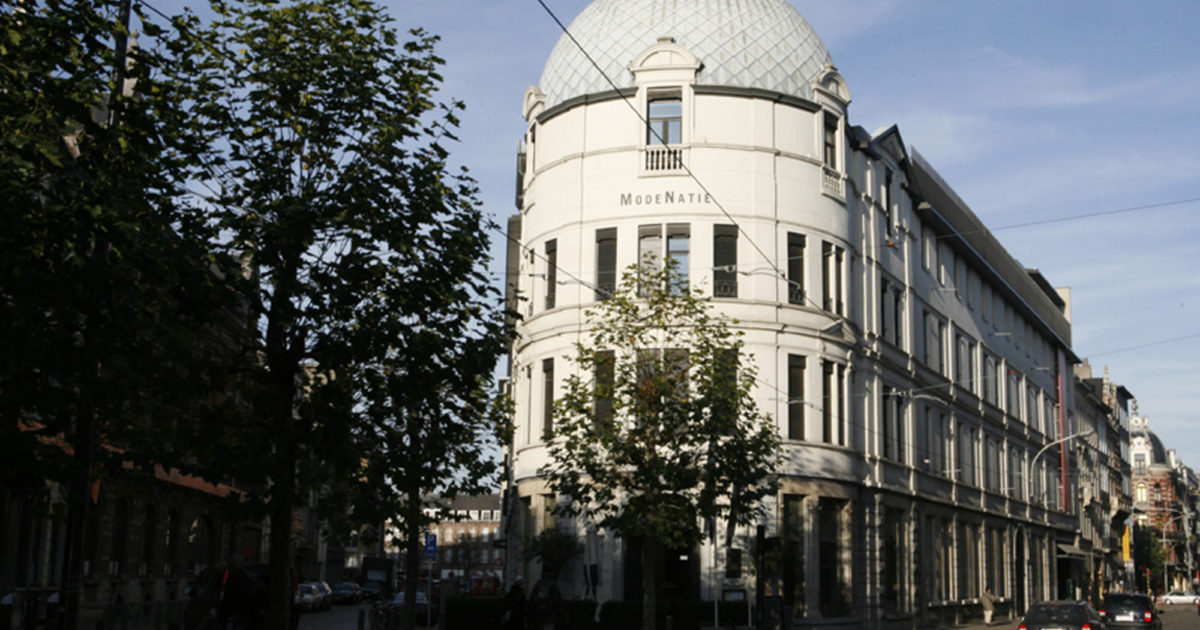University of Calabria, 26th September, 2025
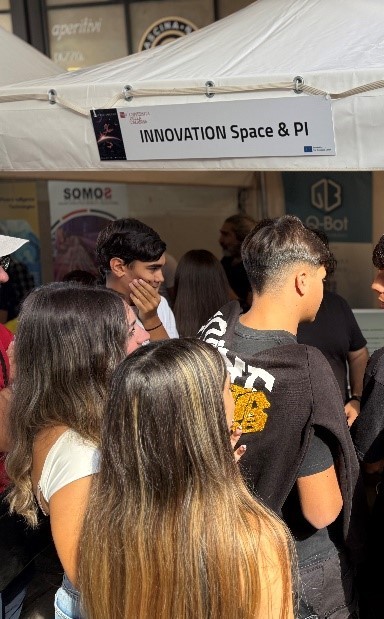
During the 2025 edition of the SuperScienceMe – European Researchers’ Night at the University of Calabria, the REEVALUATE project met the public to explore how emerging technologies are reshaping the way we experience, protect, and reimagine cultural heritage.
Hosted within it’s dedicated booth, REEVALUATE’s partner 3D Research SRL presented a hands-on showcase featuring tools and methods developed as part of the project. Visitors had the chance to discover how artificial intelligence, immersive environments, and participatory design can make culture more inclusive and interactive.
Throughout the evening, students, educators, creatives, and technology enthusiasts engaged with the team to discuss new forms of digital storytelling and how citizens can play an active role in shaping future cultural experiences.
Highlight: The Virtual Tour of Aquileia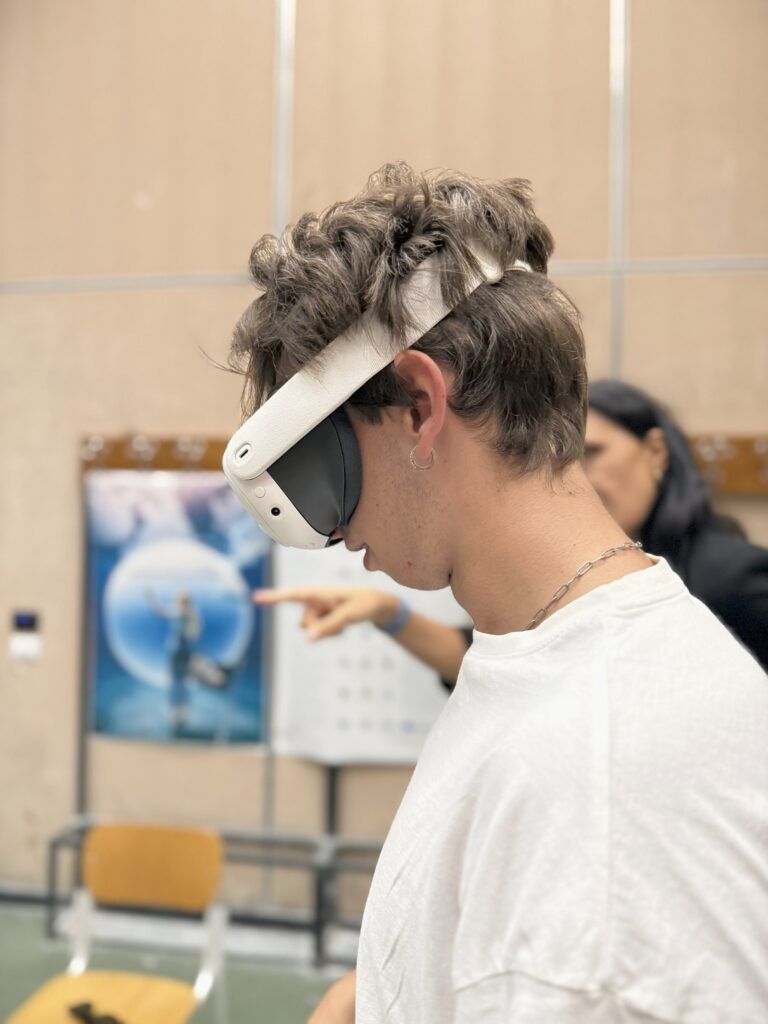
A central focus of the presentation was the ongoing virtual tour of Aquileia, one of REEVALUATE’s pilot cases. Developed in collaboration with Fondazione Aquileia, this pilot demonstrates how technology and community participation can come together to preserve and promote local heritage.
The Aquileia pilot brings the public into the process of cultural digitization. Using REEVALUATE’s Public Sensing Prioritization Enabler, local citizens help select which artefacts and archaeological sites are digitized. These selections are then enriched through the Contextualization Enabler, which allows both experts and the community to contribute historical and personal insights.
The digitized artefacts are finally incorporated into an interactive virtual tour, where users can explore the ancient Roman city in 3D, learn its stories, and engage with heritage in new and creative ways.
Engaging the Public with Innovation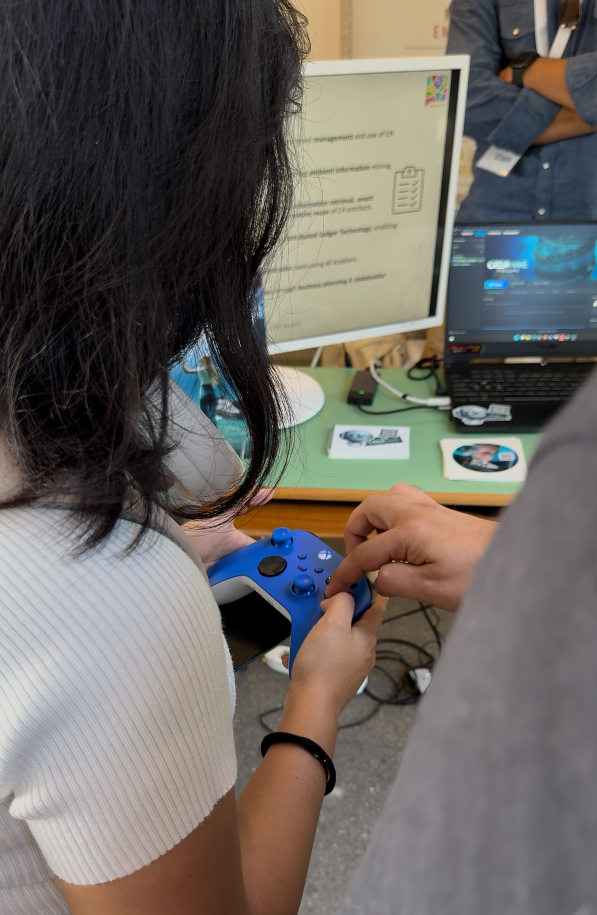
The Researchers’ Night provided an opportunity for REEVALUATE to connect with the public and show how innovation can serve heritage rather than replace it. Many visitors were inspired by the idea that AI and digital tools can support museums, cultural institutions, and communities in co-creating, managing, and reusing their heritage responsibly.
The discussions at the booth reflected a shared curiosity about the potential of digital transformation in culture, from sustainable tourism to education and creative industries. The enthusiasm shown confirmed the project’s message: the future of heritage is not only digital, but collaborative, interactive, and shared.

